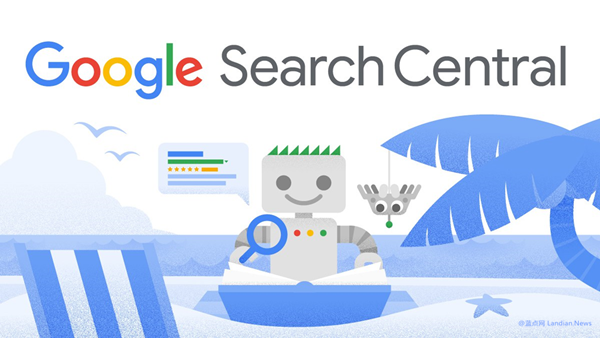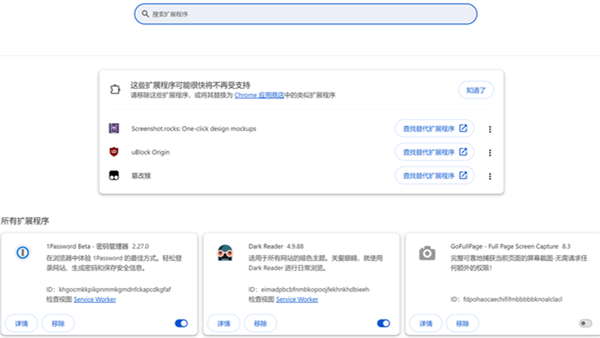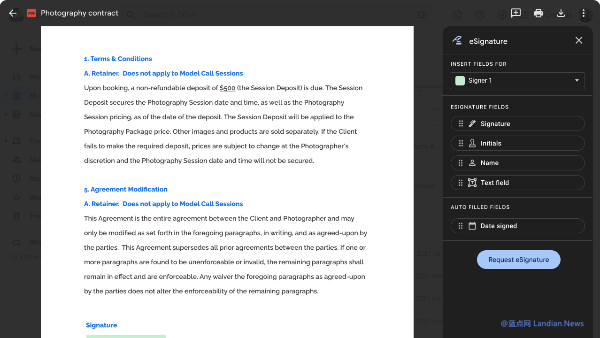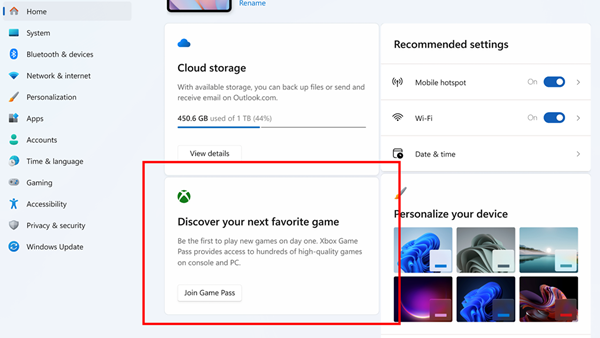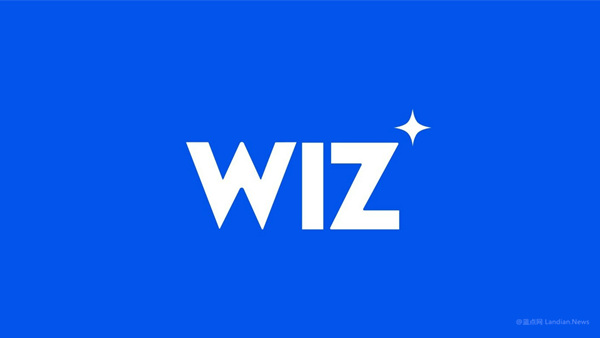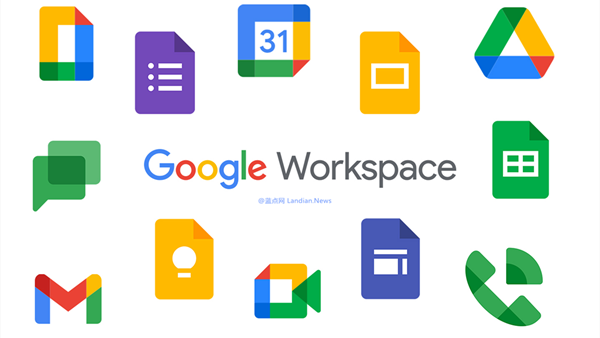The World Wide Web Consortium (W3C) Strongly Condemns Google Chrome's Decision Not to Phase Out Third-Party Cookies
Google Chrome has announced that it will no longer phase out third-party cookies, allowing advertising networks to continue using traditional methods to track users across sites. This practice, which involves collecting users' private information, is detrimental to user privacy.
The World Wide Web Consortium (W3C), an industry standards organization, has issued an open letter strongly condemning Google's decision. The W3C believes that Google's action undermines the collective effort of the industry to phase out third-party cookies.
W3C's Open Letter:
Third-party cookies are detrimental to the web as they enable tracking features that monitor user activities across multiple sites. While these cookies are effective for scenarios such as logging in or single sign-on and putting items in a shopping cart, they also silently track users' browsing activities on various websites for surveillance or targeted advertising.
This hidden method of personal data collection compromises everyone's privacy. We are not the only ones concerned; for instance, the Internet Engineering Task Force (IETF) in its latest RFC defining cookies, stated that third-party cookies inherently have privacy issues. Therefore, web resources cannot rely on UserAgents to consistently handle third-party cookies in the foreseeable future.
As stewards of web architecture, the Technical Architecture Group (TAG) is tasked with looking at the bigger picture (the entire web platform) and the details (proposed features and specifications). We aim to guide specification authors so their new technologies can address gaps without conflicting with other parts of the web or creating more issues.
We have worked closely with the Chrome Privacy Sandbox team and others in the W3C community for many years, trying to help the Chrome team create better methodologies for their third-party cookies.
Although we do not always agree with the Chrome Privacy Sandbox team, we have indeed made substantial progress together. However, Google's announcement to abandon the phasing out of third-party cookies was unexpected and undermines our years of effort to operate the web without third-party cookies.
This unfortunate concession may also delay the research of effective cross-browser alternatives to third-party cookies. We are concerned that this will negatively impact the effort to improve web privacy as a whole. We sincerely hope Google will reconsider its decision and recommit to eliminating third-party cookies.
Founded in 1994, the W3C is the principal international standards organization for the World Wide Web, responsible for developing various protocols and promoting compatibility among industry members. The fact that even the W3C is criticizing Google's decision underscores the significant impact it may have.
Especially given that Google Chrome holds over 60% of the market share, and Chromium-based browsers together account for over 90% of the market, Google's decision could potentially undo years of W3C's efforts.
Google has yet to respond to these controversies. However, as the world's largest advertising company, advertising has always been one of Google's foundational businesses, making it challenging for Google to abandon cookie-based tracking methods.


